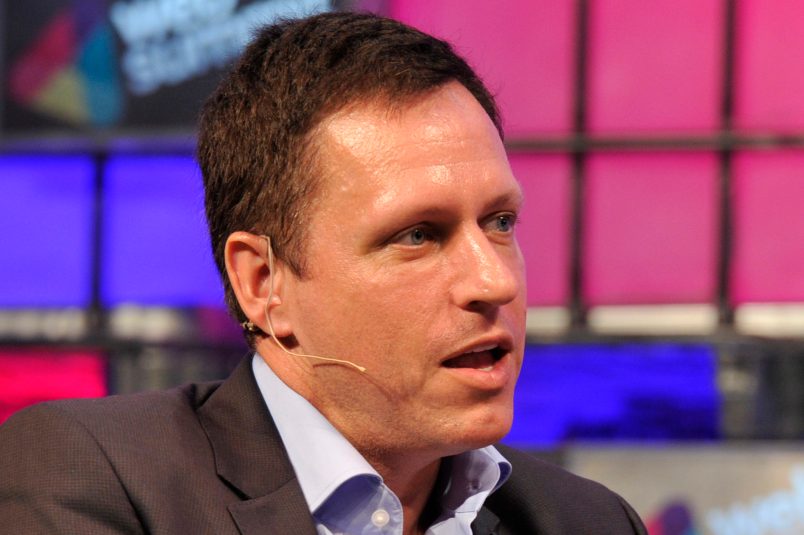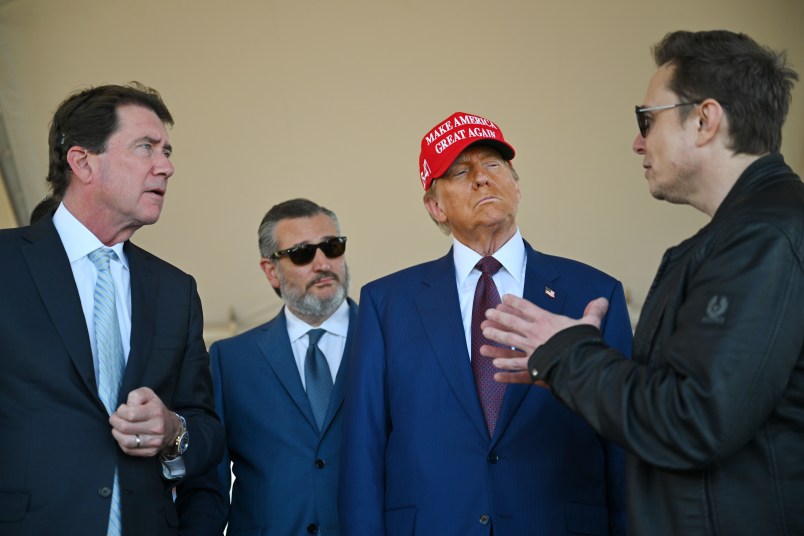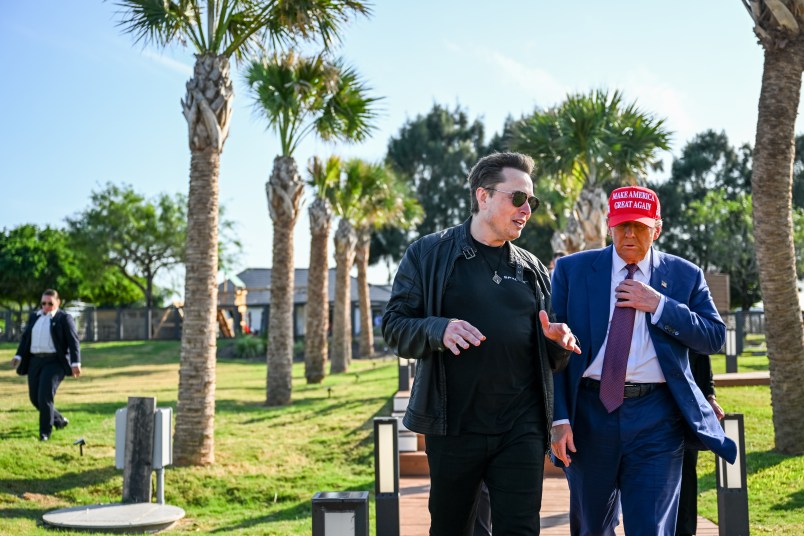I’ve gotten a flood of responses to my post on the news that tech billionaire Peter Thiel was bankrolling Hulk Hogan’s lawsuit against Gawker and now a raft of unrelated lawsuits against the same website. Most agreed with my take; some didn’t. But the critiques seemed to be typified by this response in The American Interest which a number of people sent me. So I thought I’d depart from form and respond directly.
Jason Willick’s arguments range from claiming I said the Hogan suit was ‘frivolous’, which I didn’t, to a bunch of verbiage that might be summarized as “Gawker sucks”, which it probably does. The real gist focused on two points. First, that Thiel is only exercising his own free speech in bankrolling the lawsuit. We’re hypocrites apparently if we view what Thiel is doing any differently than what the ACLU does when it chooses to back meritorious lawsuits. If we want to change this we should get behind ‘tort reform,’ says Willick.
Then there’s a complicated paragraph about how people on the left think First Amendment freedoms do or should only count for the weak, not the strong. The whole paragraph might be a tragically failed attempt to critique intersectionality or someone getting lost in a rabbit hole about ‘subjectivity’. Foucault is like crack, people: it will fuck you up.
In any case, I can only speak for myself and say that I don’t care or believe or talk about those stupid things. But the whole piece amounts to a massive and fairly tendentious effort to ignore the main criticism of Thiel, and incidentally why the ACLU analogy is so silly.
If this is all so righteous by all means Thiel should openly bankroll suits against Gawker. The fact that he tried to do it secretly speaks for itself. There is simply no sustainable argument that Thiel’s actions are righteous that can contend with his desire to do it in secret – just as there’s really no sustainable argument that Thiel is a “libertarian” when he becomes a convention delegate for Donald Trump, but that’s another story.
When extremely wealthy people throw their wealth around in politics there is at least some self-correcting mechanism at work. Usually. Under current Supreme Court jurisprudence the Koch Brothers have tried and to a great degree have succeeded in setting up their own private Republican party which they use to shape, in many cases dominate the political process. That’s not great. But there are various laws in place that ensure that they mainly have to do so publicly. The ACLU of course does this openly as well.
Indeed, what Thiel is doing used to be illegal. There’s even an archaic, Anglo-Norman word for the practice: chamberty, which the dictionary defines as “an illegal agreement in which a person with no previous interest in a lawsuit finances it with a view to sharing the disputed property if the suit succeeds.” If, as Thiel claims, he was not looking for any monetary reward but simply pursuing a private grudge, then it is called “maintenance.” But both can come under the heading of another hoary word: barratry, defined as “vexatious litigation or incitement to it.”
In any case, it was illegal. But it’s not anymore (though what Thiel is doing is at least in the proximity of what are called anti-SLAPP laws). But even if these specific torts and laws are no longer in place, it is still a general and needful principle that the civil law exists to provide relief to injured parties and to pursue remedies in the public interest. It’s not there to pursue private vengeance by stealth. If we’re going to pretend that Thiel’s tort jihad might be as much as in the public interest as an ACLU suit, good luck with that. But sure, let the public decide. Do it in public. Don’t hide.
What Thiel’s actions and The American Interest article both point to this: One of the great trends of our time is not simply to give greater and greater rein for the extremely wealthy to use their wealth in the public square but the claim that they need additional protections from those accorded everyone else or that they need to be allowed to do so in secret. Otherwise, they risk being “villified” or “demonized.” In other words, the sheer magnitude of their power and the paucity of their numbers require special rights to protect them against the reputational consequences of their actions.
Free speech goes both ways. It is a modern and questionable innovation to claim that the mere spending of money amounts to speech. But even today in today’s era of degraded logic, speech cannot be silent. If something gets the protection of free speech it should, indeed logically must, be out loud. Under current law, Thiel can try to destroy publications because of private vengeance. But he should be required to and should do so openly.
Doing it in secret not only makes him a coward. It’s dangerous. Simple as that.








